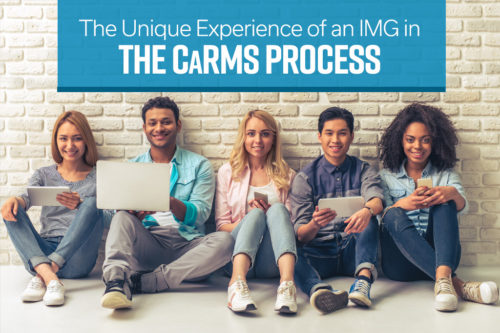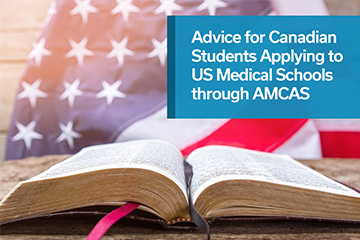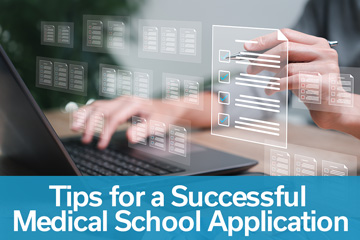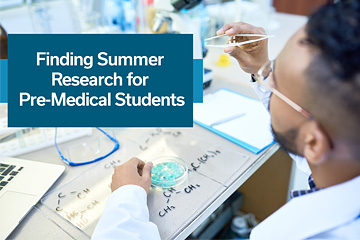
The Unique Experience of an International Medical Graduate (IMG) in the CaRMS Process
Fellow IMGs! Completing medical school abroad adds many challenges that are unique to IMGs in the CaRMS process. Being able to navigate the challenges is half the battle. Here are a few key points that I, along with the help of many others, have learned along the way.
Electives
Electives applications begin early – often before you have rotated through most specialties, which can be a challenge if you’re unsure of what specialty you want. Doing observerships in early years is useful so that you’re better equipped to choose when elective applications are due.
When applying for electives in Canada be mindful that they demonstrate part of your story. For example, electives across multiple unrelated specialties tells the reader that you have not yet clearly defined your goals. Alternatively, electives in complimentary specialties, including the specialty to which you’re applying for, paints a much clearer picture of your interests and aspirations.
Prior to your elective, review how to write a consult note, how to do a dictation, and any other specialty specific relevant information. There are some pocket resources available online or through Canadian universities. Carry it with you initially and soon enough you will be comfortable without that crutch.
Treat every elective as if it is an interview the entire time. All aspects are important – from the time you show up for work to the time you leave, your academic performance and your “teachability”. Attend half-days, journal clubs, and try to meet the program director if possible. Your ability to get along with other residents and staff is also a crucial part to your “interview” and will not be forgotten when CaRMS rolls around.
Exams
Prepare as best as you can. You don’t want to be excluded based on score before someone even has a chance to look at your full application.
For the NAC OSCE, there are a few good resources available (easily found on Amazon). As a secondary resource, the USMLE CK first aid book (search: First Aid for the USMLE Step 2 CK, Tenth Edition on Amazon) is a great tool as it has far more practice cases and a very detailed answer key.
Just like any other OSCE, preparation in pairs/groups where possible is valuable. The feedback from friends can not only help with improving content, but also non-verbal communication and managing nerves on exam day!
Personal Letter
- Start letters early. You will appreciate the extra time for your own editing, friends’ edits, as well as brief periods of time away to be able to re-read with fresh eyes.
- Answer the questions! Sounds obvious, I know. But when there are so many personal statements with such mild variations in questions, it’s easy to not answer exactly what is being asked.
- Get as many friends, family members and colleagues to read over your statement, regardless of whether they’re in medicine or not. Even grammar and style can set an impression with the reader.
- Use examples as much as possible to support your statements. Stating that you are a good team player is much more meaningful when demonstrated through an experience, for example. The word count is of course a limitation to this type of elaboration but even a quick add-on “as demonstrated through my experience in X”, can be more powerful and will sound more concrete.
Once your CaRMS application is in, sit back, take a breath and remember you’ve done your best. If you are applying to the USA as well, interviews are often earlier for the States which can be great preparation for Canadian interviews.
MD Consultants offers great packages for both file review and interview prep to make sure your application stands out from the rest: https://mdconsultantsprep.ca/med-students/book-an-appointment/.





